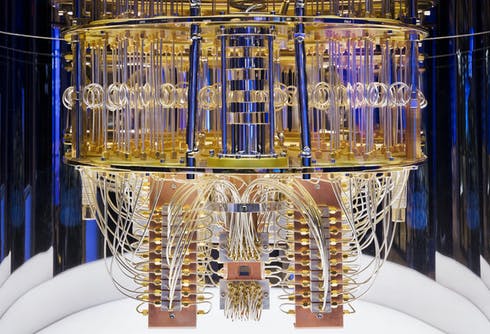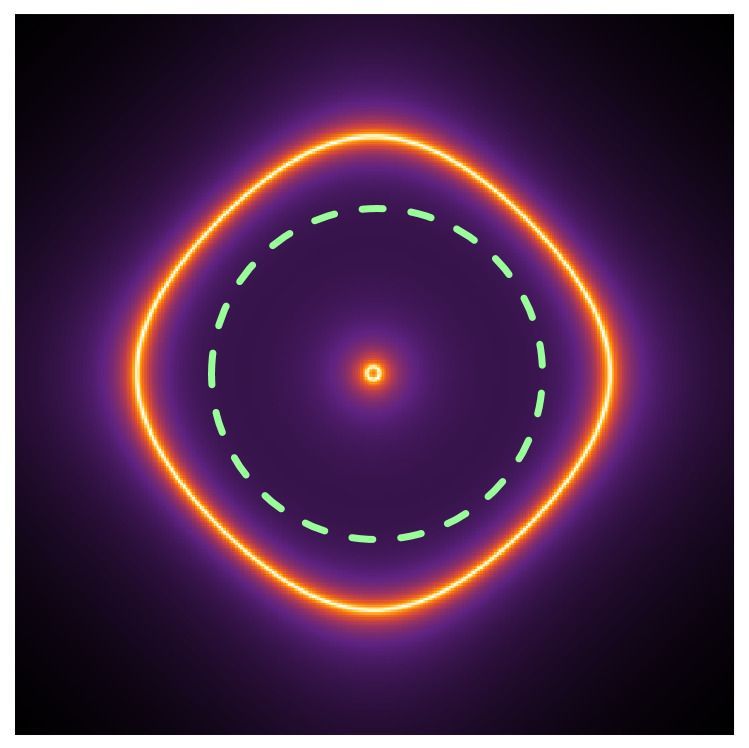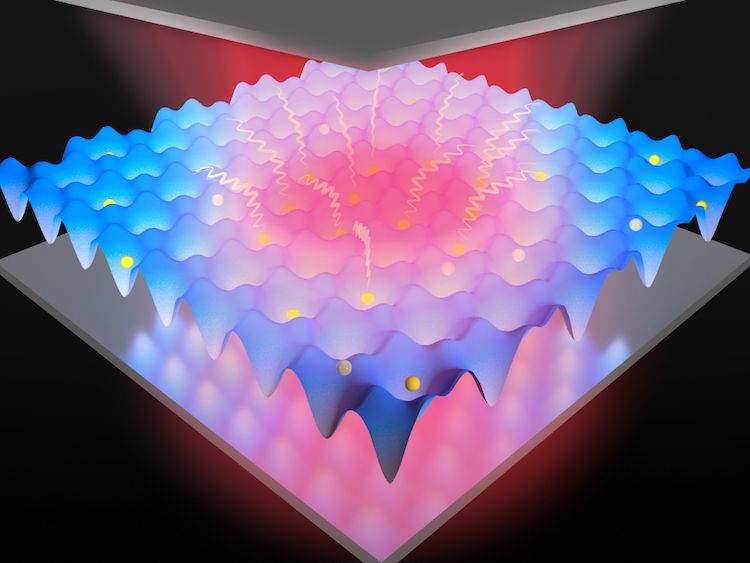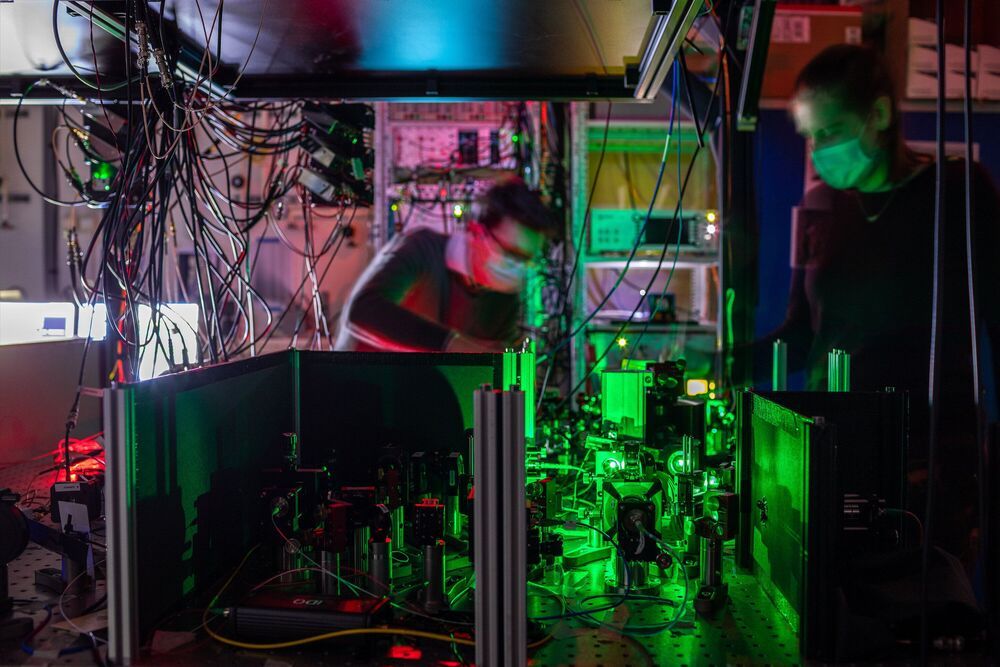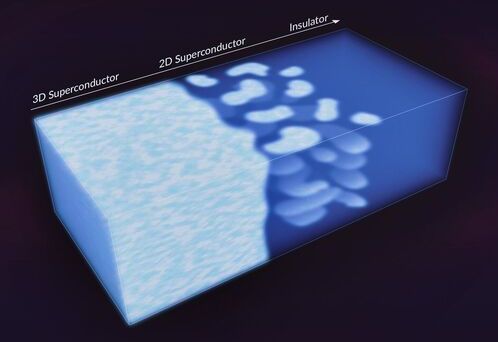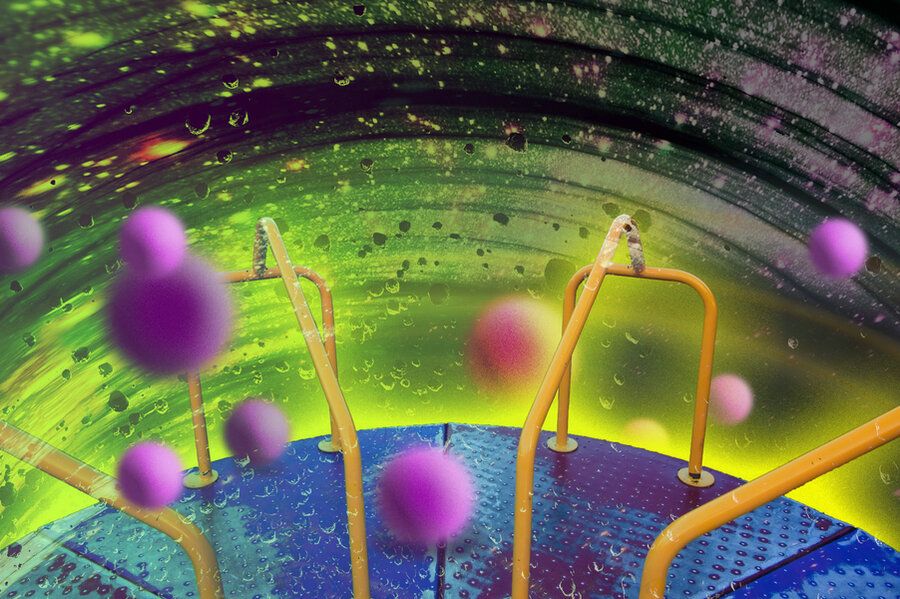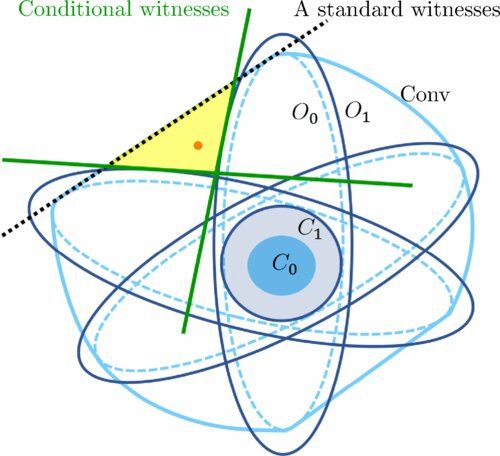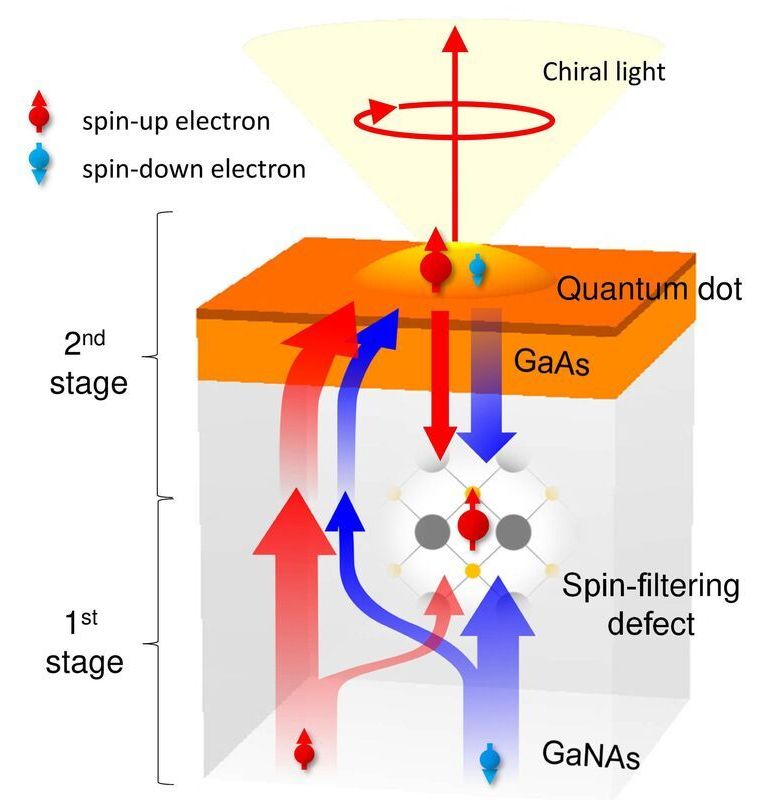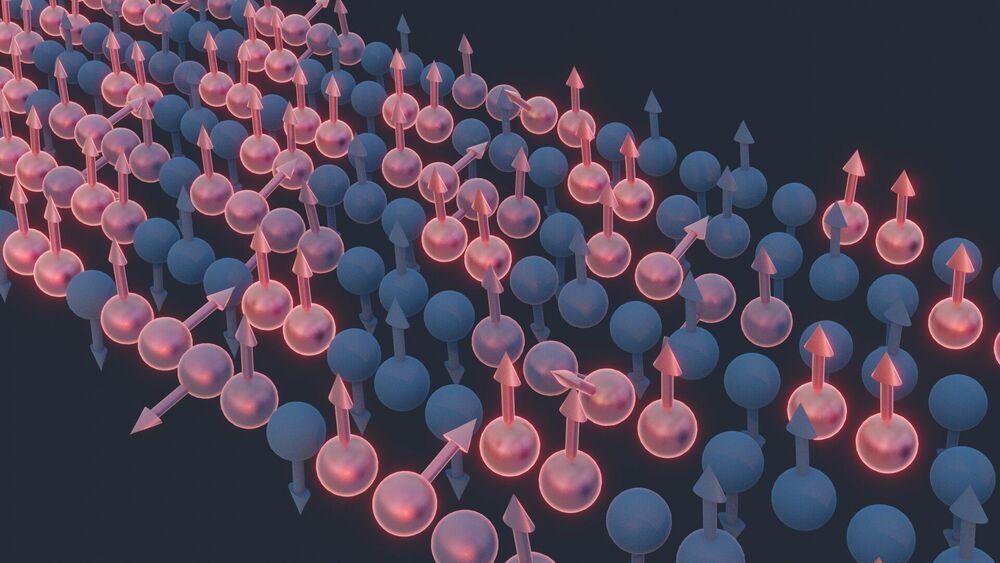Amazon Web Services (AWS) is partnering with the Hebrew University of Jerusalem for a new quantum computing initiative as part of the company’s efforts, launched in 2019, to explore this area of research. These include a cloud-based quantum computing service Amazon Braket to accelerate research and discovery, the Amazon Quantum Solutions Lab to help businesses explore quantum applications, and the AWS Center for Quantum Computing research and development organization.
AWS’ latest collaboration with Hebrew University will fund a team of researchers from the academic institution’s Quantum Information Science Center (QISC), founded in 2013, and the Racah Institute of Physics to advance the understanding of quantum gates – fundamental building blocks of quantum computers, the parties said in a statement on Monday. The collaboration is the first between AWS and any Israeli academic institution in the field.
The university’s Professor Alex Retzker, a researcher of quantum technologies, will lead the research group as part of his role as a Principal Research Scientist at AWS.

